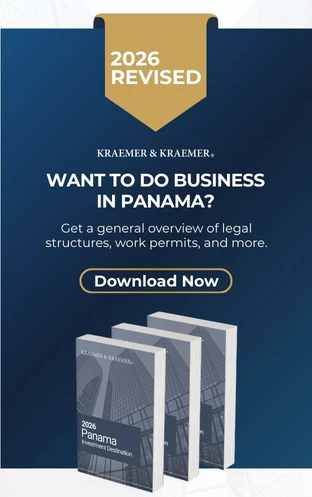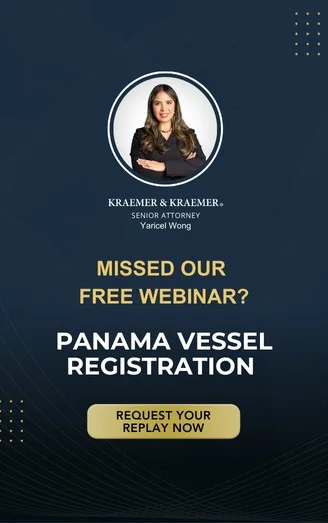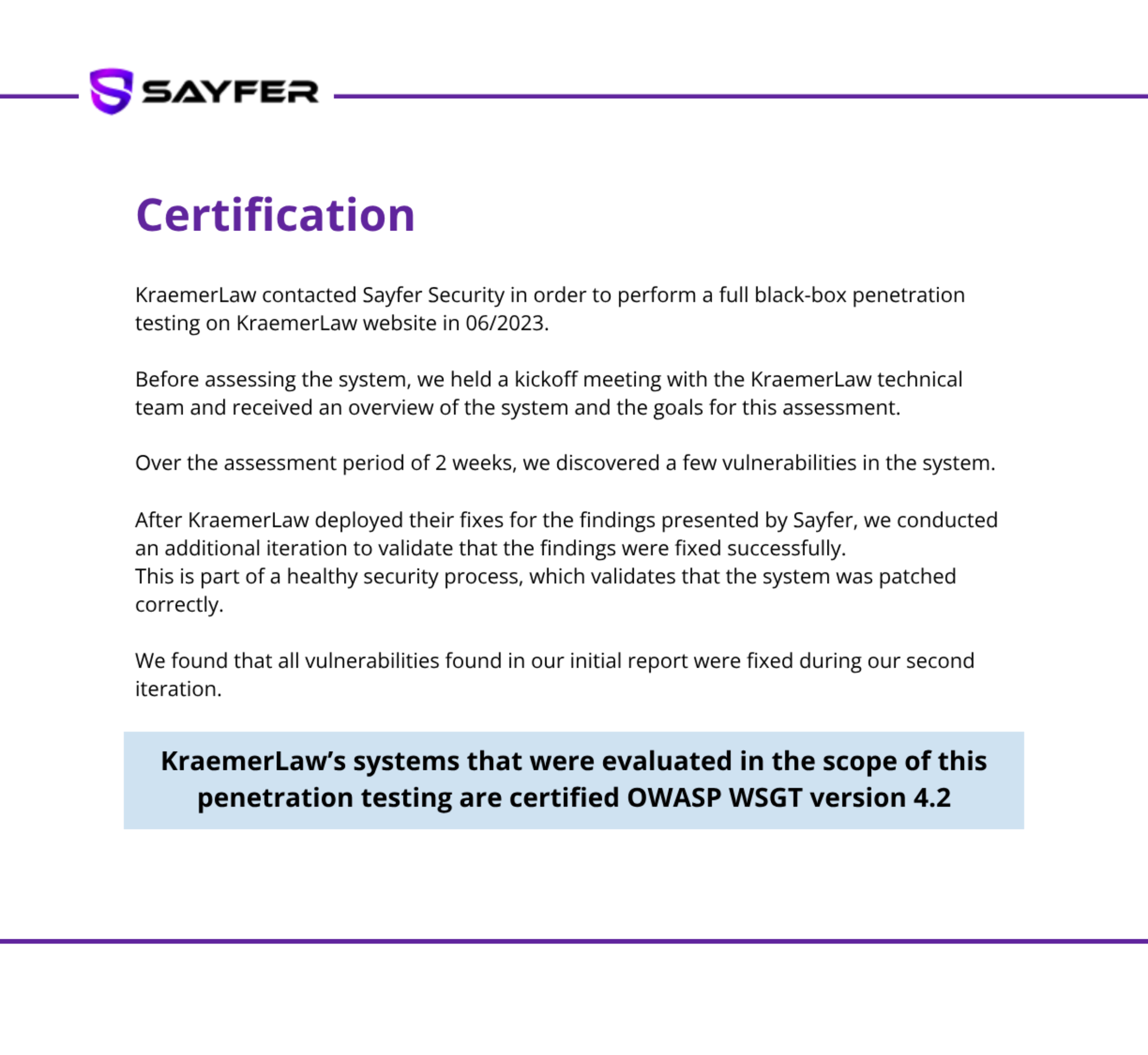Panama has enacted significant changes to its Migratory Labor Law, reflecting its evolving economic landscape and demographic needs. Panama’s Executive Decree No. 6 of April 13, 2023, marks a pivotal adjustment in the country’s migration and labor policies.
This article aims to provide you with a brief overview of this Decree guiding you through the different classifications, minimum requirements, and key considerations for a smooth application process.
The decree elaborates on the procedures for obtaining work visas and permits, aiming to make the process more efficient and transparent, setting specific requirements for each type of work permit clearly outlined within the Decree; including proof of employment, qualifications, and background checks to name a few.
To ensure clarity and efficiency in managing foreign labor, the law defines various categories of work permits according to the migrant population profiles, each with tailored conditions:
- Considered Local Labor.
- Percentages Authorized by The Labor Code.
- Special Laws.
- Special Economic and Investment Policies.
- Humanitarian Protection.
- Special Conditions.
- Temporaries.
- Temporary Protection Permit.

However, as specific as it gets, all permits have in common general requirements needed to be gathered within the specific, such as:
- Registration in the Ministry of Labor system.
- Power of attorney authenticated before a Notary.
- Request through a lawyer.
- Certificate issued by the National Immigration Service stating the immigration status of the applicant.
- Copy of passport data page and RUEX.
- Copy of the processing card, provisional or permanent residence card, issued by the National Immigration Service, or copy of the permanent resident card issued by the Tribunal Electoral.
Also, there are certain exceptions on which a work permit may not be required; in such, Panama exempts certain foreign nationals from the obligation of obtaining a work permit. These exemptions apply to individuals in specific categories, such as:


- Religious leaders that are currently fulfilling their mission.
- Individuals carrying out economic, business or investment activities that are not under the legal subordination or economic dependence of an employer.
- Those individuals that are applying though special regimes or laws that do not require the applicant to maintain a work permit.
- Artists who are subject to agreements and cultural exchanges, including: classical and/or scholarly art, such as soloists, chamber ensembles, symphony and philharmonic orchestras, choirs, operas, ballets, and other artistic groups or similar provided by the State, foreign States or by non-profit associations of the Republic of Panama.
Furthermore, Panama designates specific professions exclusively for Panamanian citizens. This implies that even with a valid work permit and the requisite qualifications, individuals would be barred from working in these sectors unless they acquire Panamanian citizenship. These professions may encompass fields such as law, medicine, engineering, accounting, and others.

Additionally, there can be exceptions to these restrictions, but they are generally granted only in specific circumstances. These exceptions might include:
- Exceptional qualifications: If you have a very high level of skill or experience that is not readily available among Panamanian professionals, you may be able to obtain a work permit despite the restriction.
- No qualified Panamanian candidate: The company you want to work for may be able to demonstrate that they have searched for a qualified Panamanian candidate but haven’t found one. In this case, you might be granted a work permit.
It’s important to note that the specific list of restricted professions and the criteria for exceptions can change frequently.
| Occupation | Regulation |
|---|---|
| Accounting | Law 57 of 1978 |
| Agricultural Botany | Law 22 of 1961 |
| Agricultural Chemistry | Law 22 of 1961 |
| Agricultural Economics/Agro-economics | Law 22 of 1961 |
| Agricultural Engineer | Executive Decree 257 of 1965 |
| Agricultural Sciences | Law 22 of 1961 |
| Agricultural Zoology | Law 22 of 1961 |
| Agronomy | Law 22 of 1961 |
| Agrostology | Law 22 of 1961 |
| Architectural Engineer | Executive Decree 257 of 1965 |
| Architecture | Law 15 of 1959 |
| Barbering and Cosmetology | Law 4 of 1956 |
| Chemical Engineer | Executive Decree 257 of 1965 |
| Chemistry | Law 45 of 2001 |
| Civil Engineer | Executive Decree 257 of 1965 |
| Construction Foreman | Law 53 of 1963 |
| Dendrology | Law 22 of 1961 |
| Dental Assistant | Law 21 of 1994 |
| Economics | Law 2 of 1981 |
| Electrical Engineer | Executive Decree 257 of 1965 |
| Geological Engineer | Executive Decree 257 of 1965 |
| Horticulture/Gardening | Law 22 of 1961 |
| Industrial Engineer | Executive Decree 257 of 1965 |
| Laboratory Technician | Law 74 of 1978 |
| Laboratory Technician | Decree 8 of 1967 |
| Law | Law 9 of 1984 |
| Mechanical Engineer | Executive Decree 257 of 1965 |
| Medical Assistant | Decree 32 of 1975 |
| Medical Radiology | Law 42 of 1980 |
| Medical Visitor | Law 24 of 1963 |
| Medicine | Executive Decree 196 of 1970 |
| Mining Engineer | Executive Decree 257 of 1965 |
| Nursing | Law 1 of 1954 |
| Nutrition | Decree 362 of 1962 |
| Odontology/Dentistry | Law 22 of 1956 |
| Pharmacy | Law 24 of 1963 |
| Physiotherapy | Law 47 of 1984 |
| Phytogenetics | Law 22 of 1961 |
| Phytopathology | Law 22 of 1961 |
| Psychology | Law 56 of 1975 |
| Security Agent | Law 56 of 2011 |
| Social Work | Law 17 of 1981 |
| Sociology | Law 1 of 1996 |
| Soil Science/Edaphology | Law 22 of 1961 |
| Speech Therapy and Similar | Law 34 of 1980 |
| Surveyor | Law 53 of 1963 |
| Veterinary Medicine | Law 3 of 1983 |
| Vocational Agricultural Education | Law 22 of 1961 |
| Zootechnics | Law 22 of 1961 |
Also, article 27 of the Panamanian Labor Code mandates a minimum percentage of Panamanian workers based on the company’s size. Smaller companies, with less than 10 employees, have some flexibility. But, for companies with 10 or more employees, at least 80% of the workforce must be Panamanian.
In essence, this Decree complements the broader legislative framework set by Law 41 of August 24, 2023, by detailing the specific regulations and procedures required for its implementation. The decree underscores Panama’s commitment to streamlining migration processes and enhancing the protection of migrant workers. Kraemer & Kraemer can assist you in the process of obtaining your work permit, be sure to contact us for further assistance.






